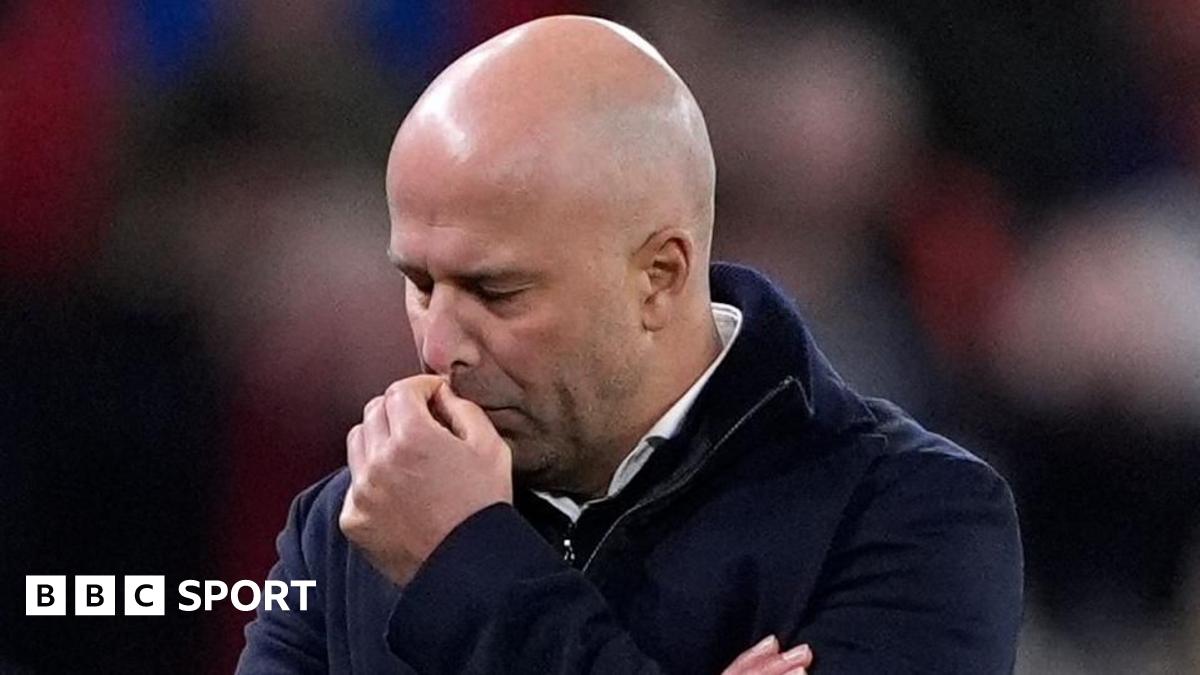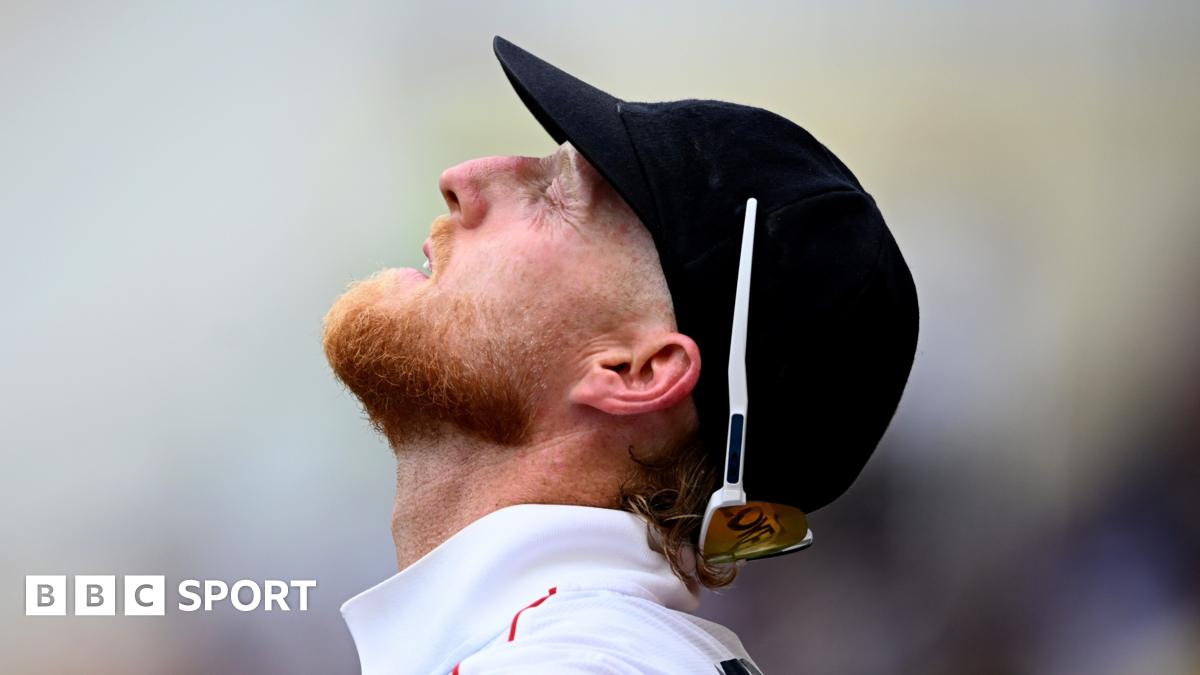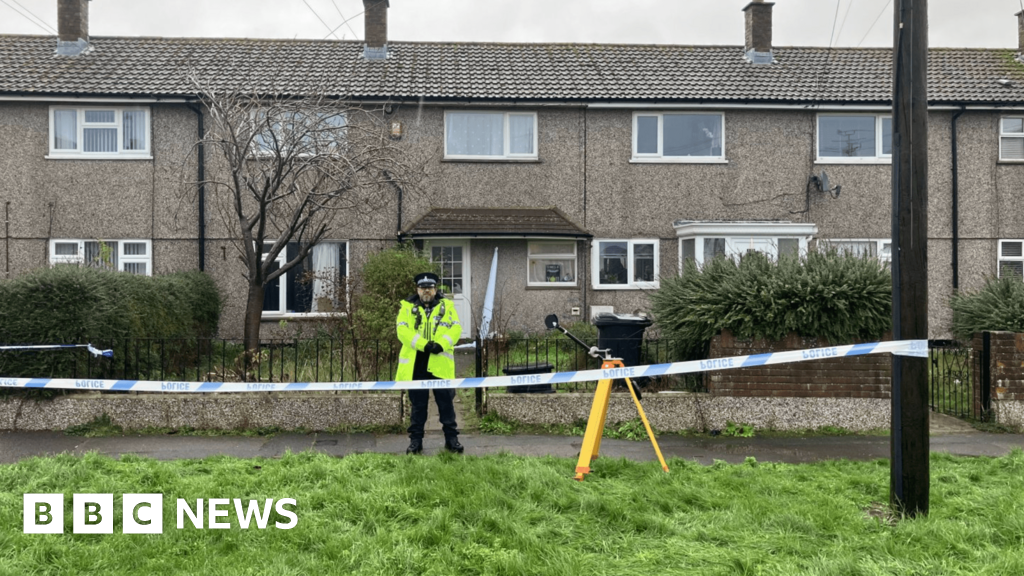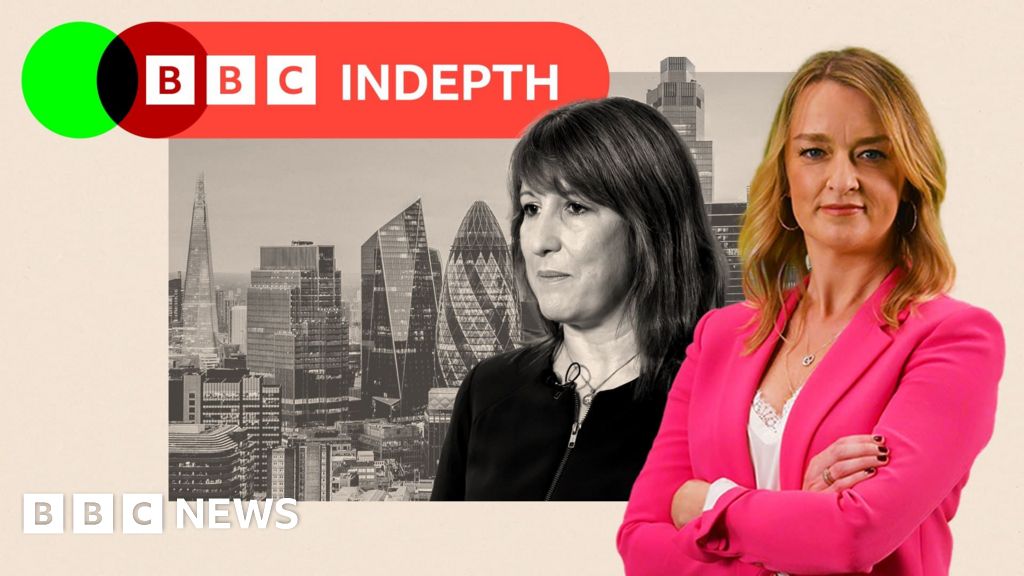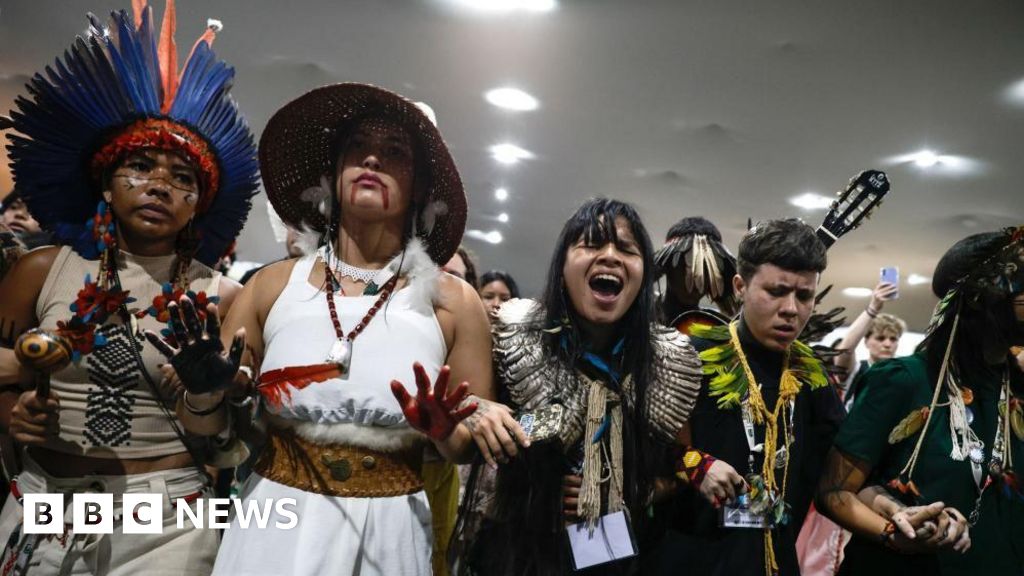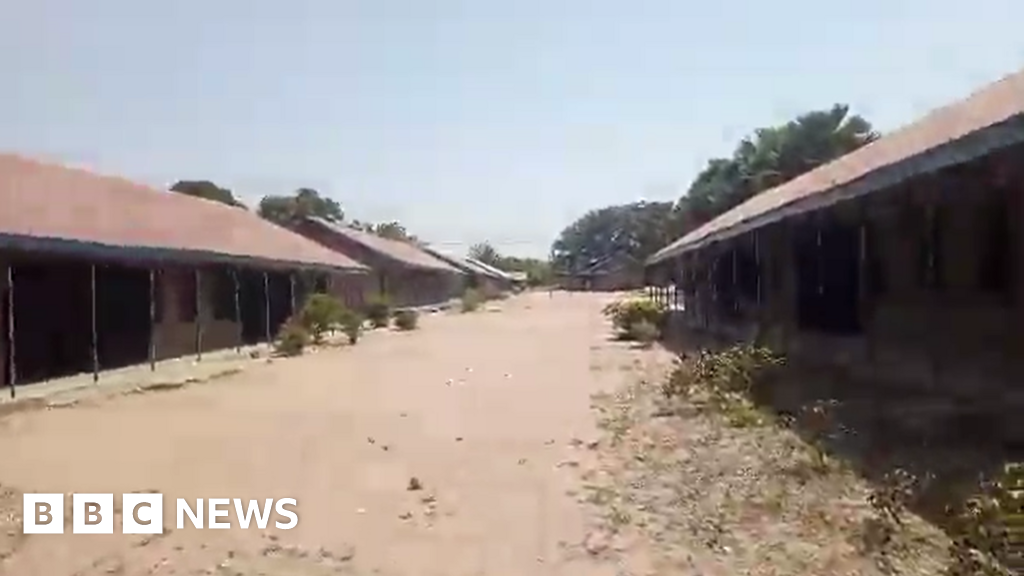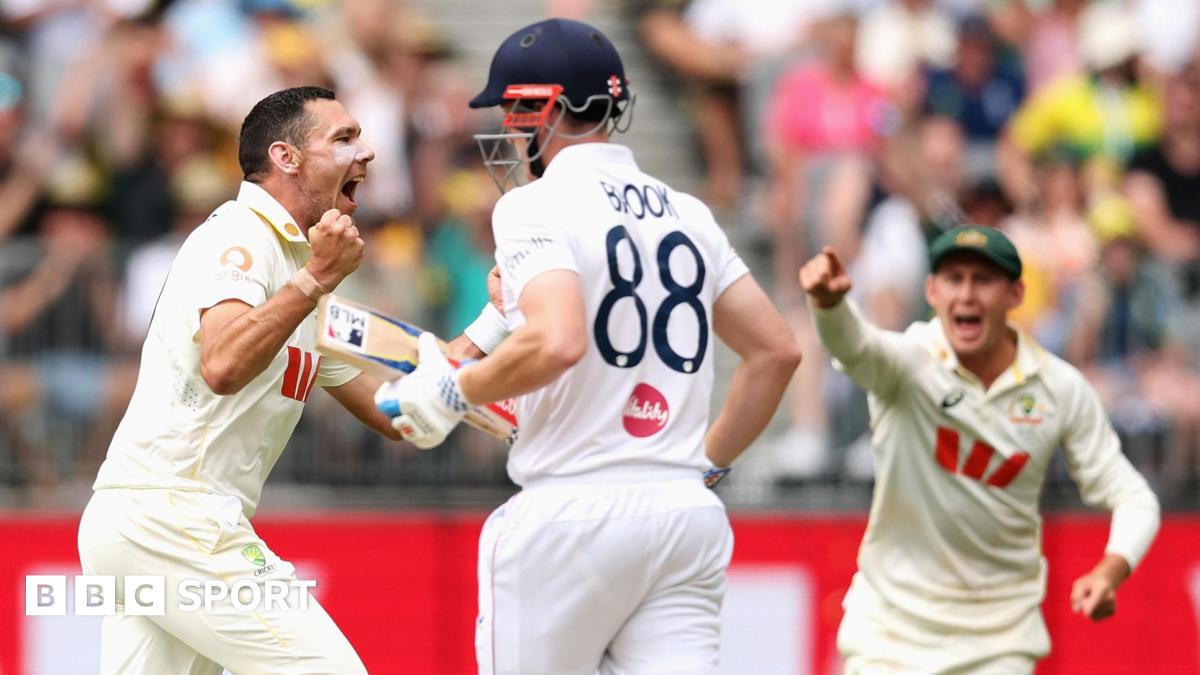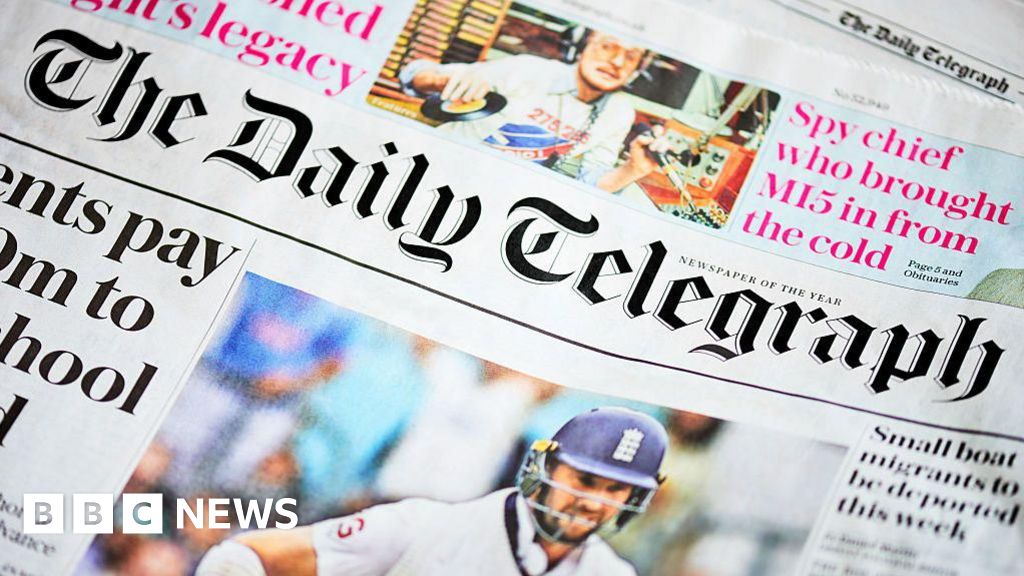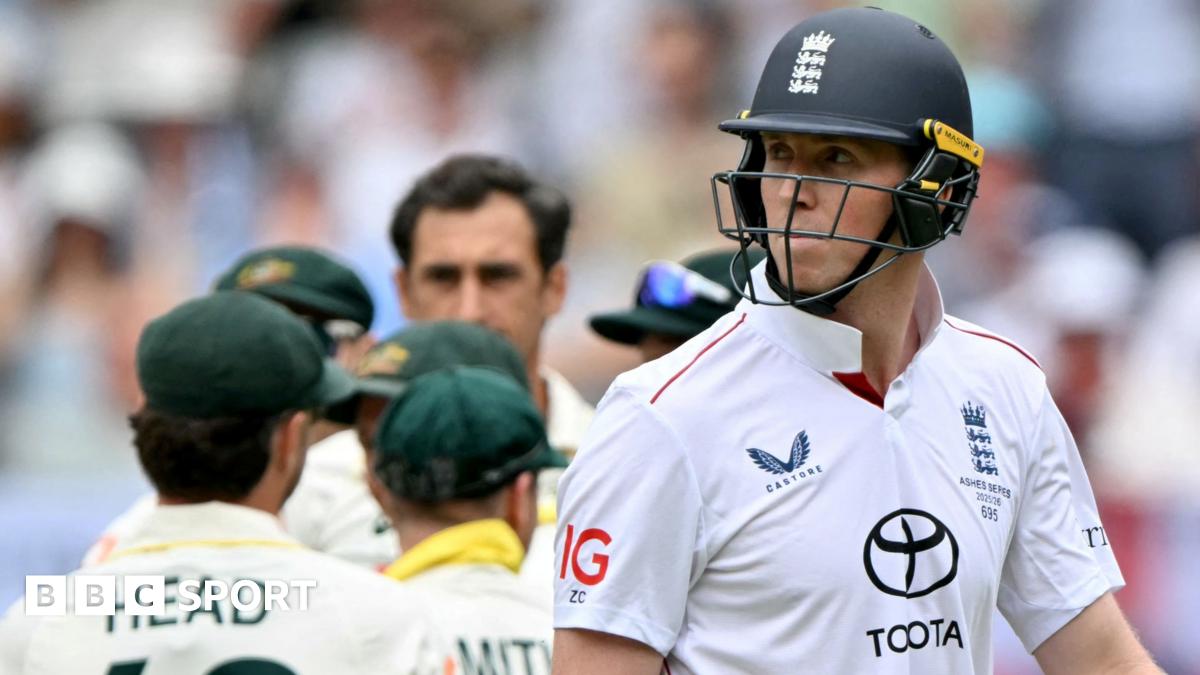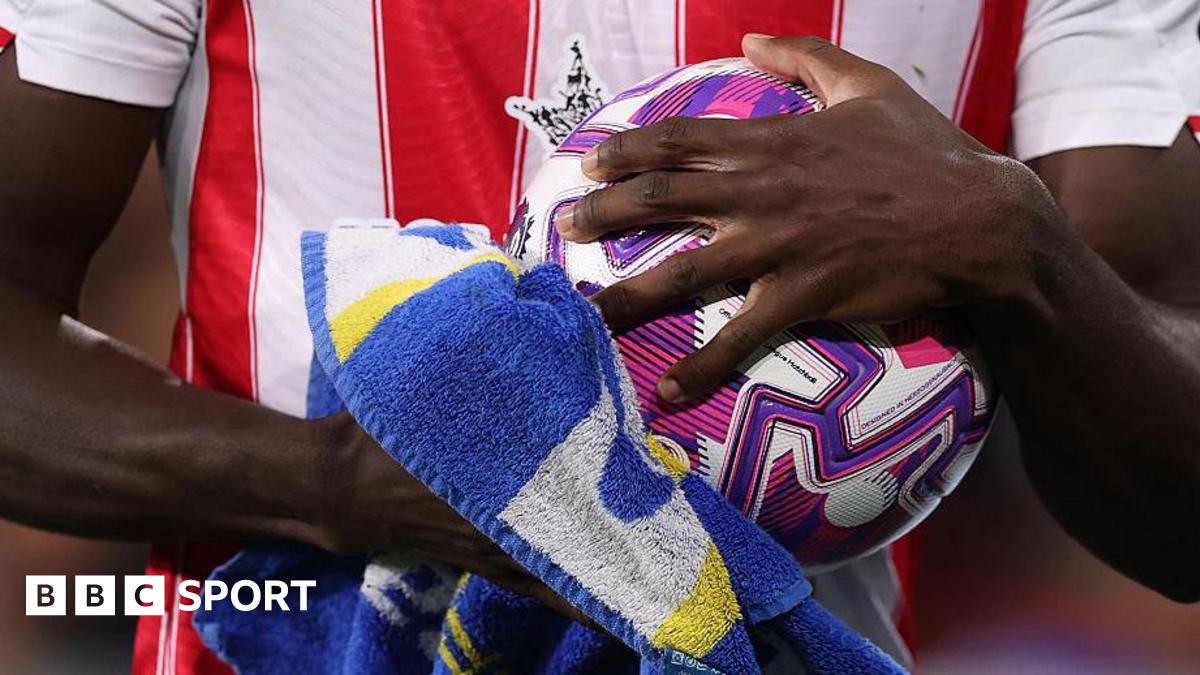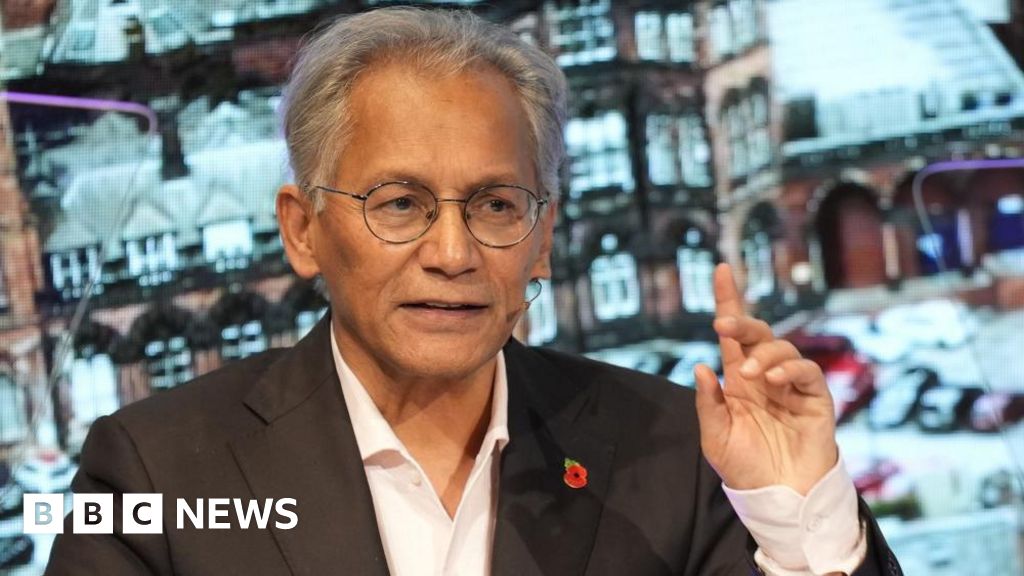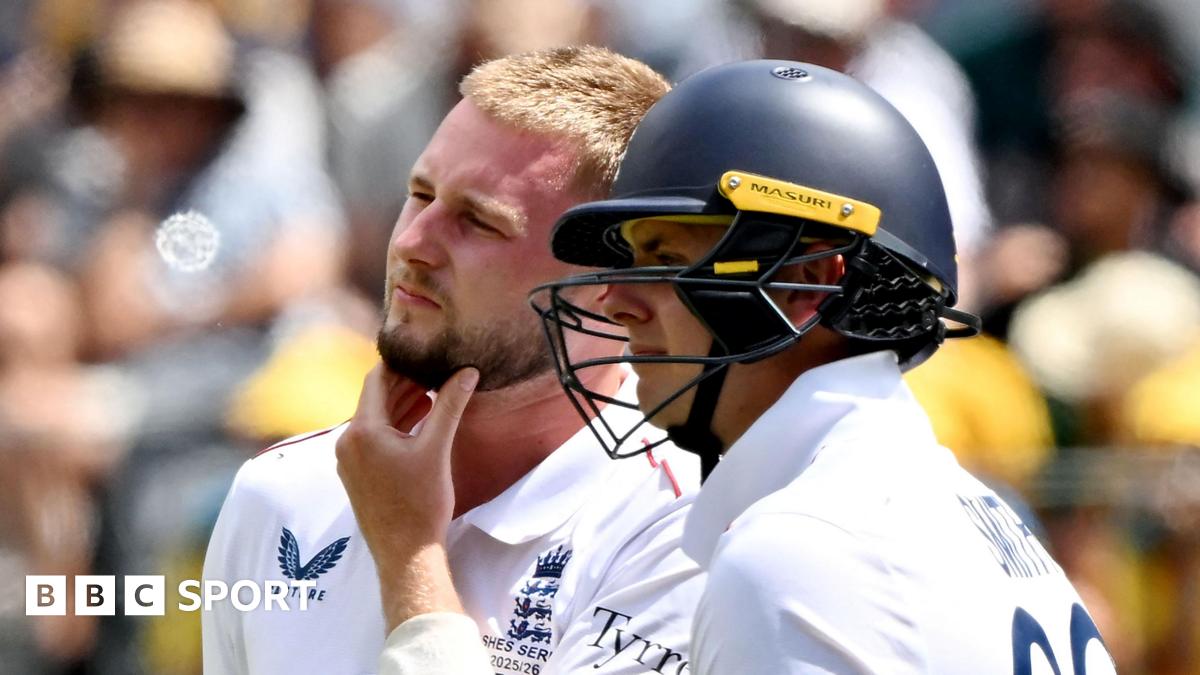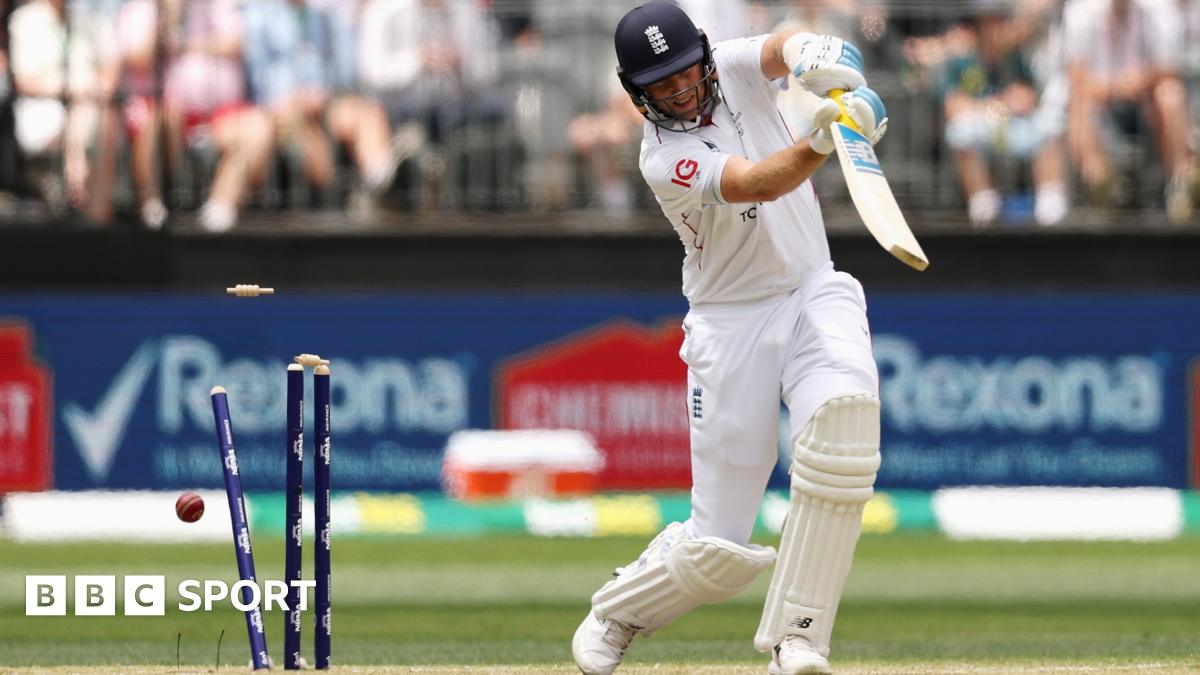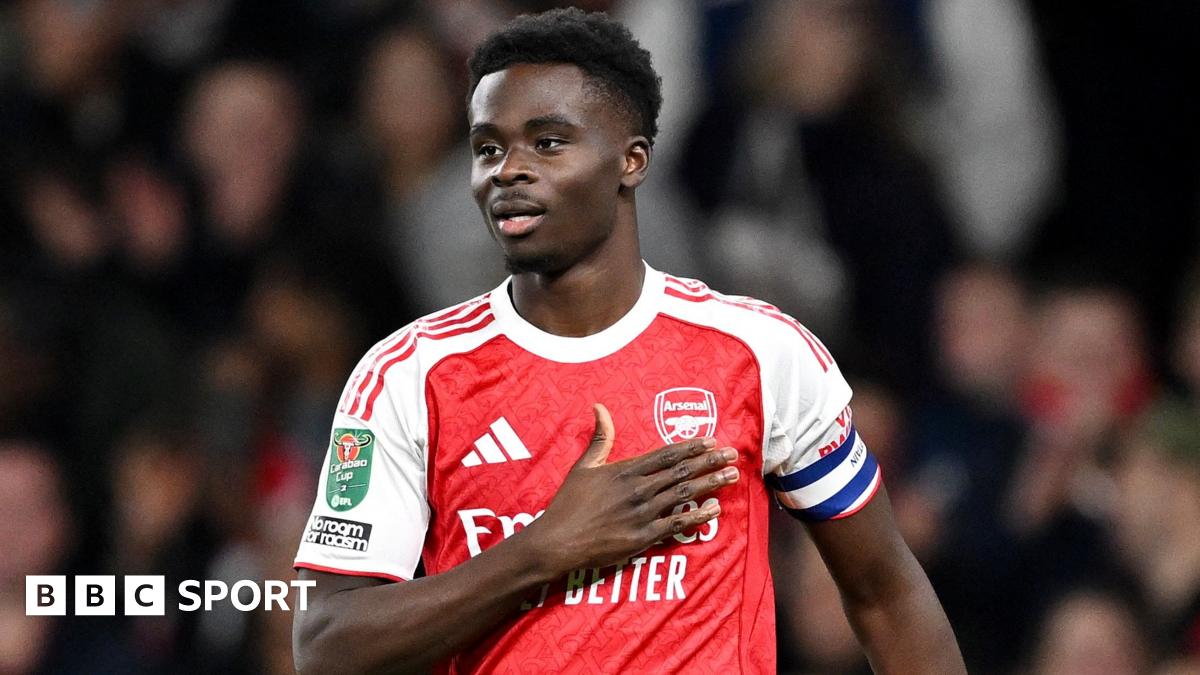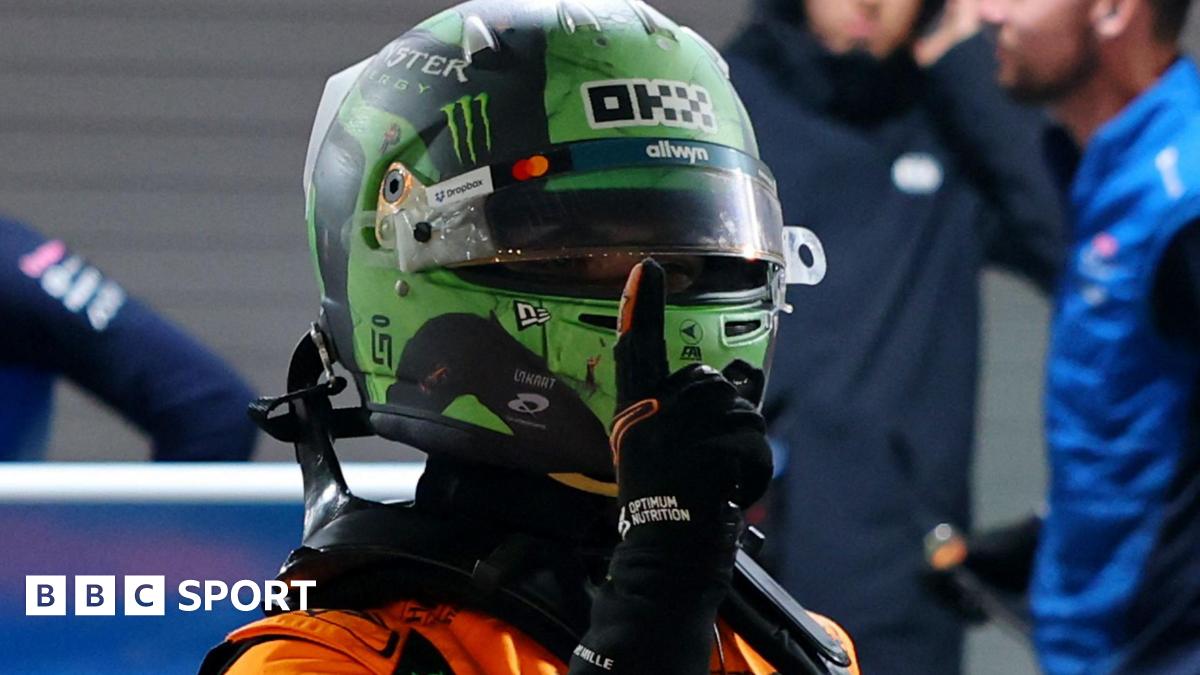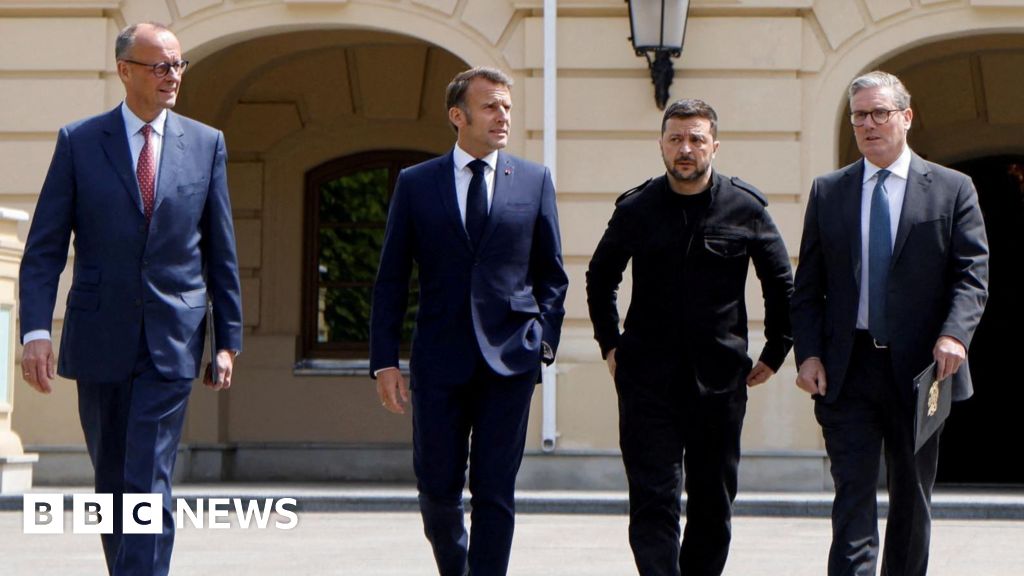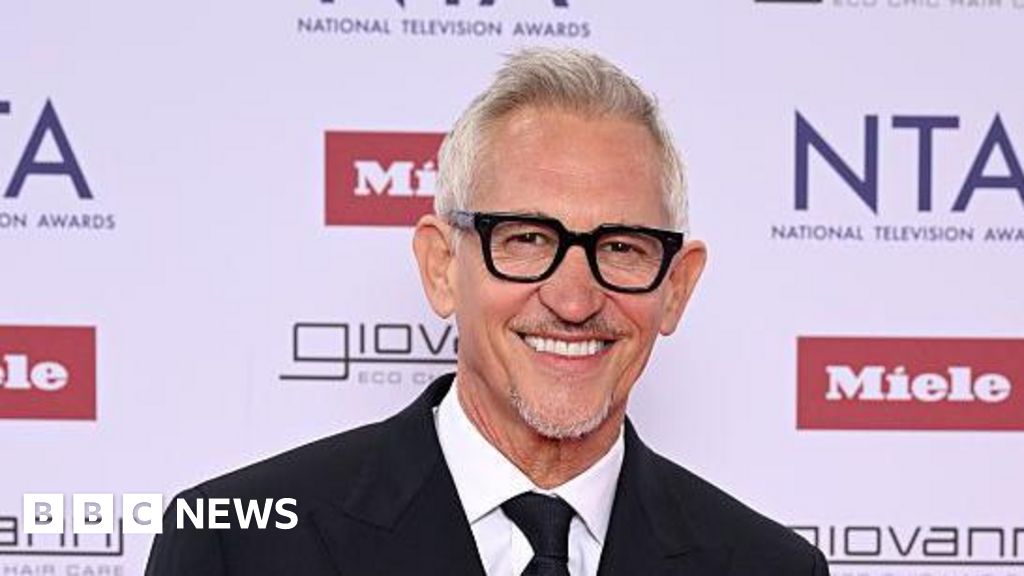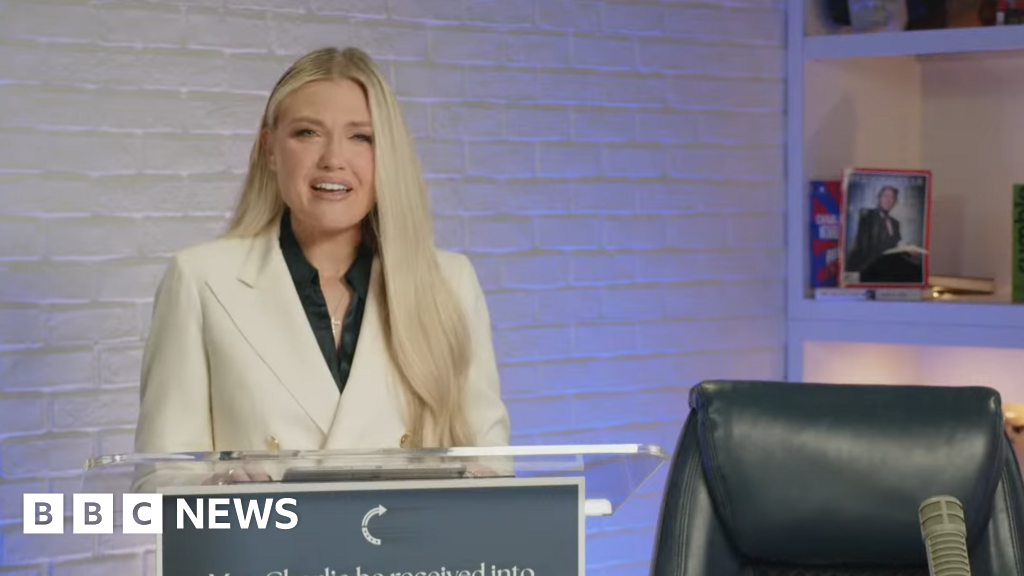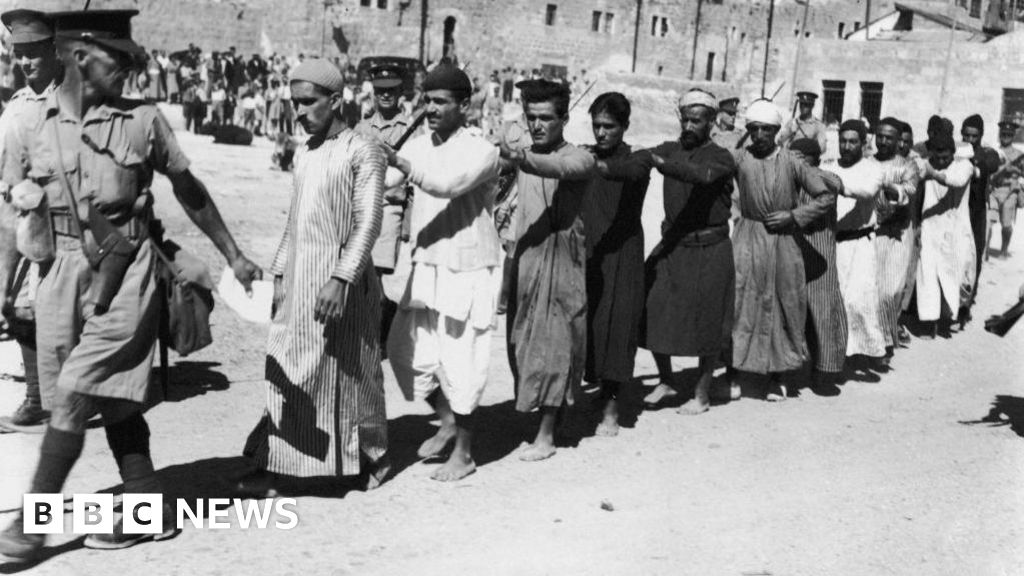Harry Low & Sonja JessupLondon

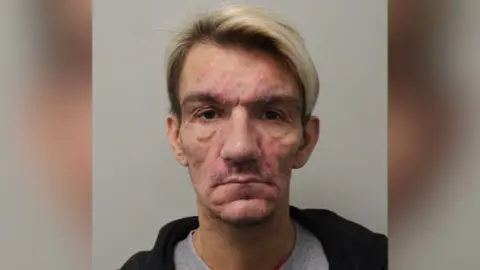 Met Police
Met Police
Jonathan Carl was jailed for 17 years last month
A "very predatory" man convicted for rape and reckless transmission of HIV may have hundreds of other victims, the Metropolitan Police has warned.
Jonathan Carl, 42, from Hornchurch, was jailed for 17 years at Snaresbrook Crown Court last month after being found guilty of rape. He pleaded guilty to causing GBH in June.
The former hairdresser was caught after two of his victims, who had met up socially, described similar experiences and realised they had been targeted by the same man, later reporting him at Romford police station.
Officers subsequently recovered more than 400 of Carl's digital contacts aged between 17 and 60 on gay dating apps including Grindr and Scruff across four years.
Met Police bodycam footage shows Carl's arrest in January 2024
Det Supt Lewis Basford told the BBC: "More alarming was the message contents which highlighted to us that there were victim-survivors out there of rape where he had met individuals and subsequently they were messaging him and challenging him on some of the acts that we would define as rape."
At least 82 men have been identified and fast-tracked into the NHS for a screening after being informed of Carl's health status, according to the Met.
It is illegal to intentionally or recklessly transmit a sexually transmitted infection. Under the Offences against the Person Act, it amounts to grievous bodily harm.
'Powerless'
One of Carl's victims told police he felt "powerless" as there was "nothing I could do".
He said: "It made me feel like I didn't matter, it made me feel less than human.
"The main reason I came forward to police, is because I wanted to stop this from happening to anyone else."
Another said it "has damaged me from having any sort of romantic relationship in the future, due to people's overall thoughts on HIV".
He added: "It makes me fry my brain as I overthink about what I could have done differently. I still struggle with this guilty feeling."
'Reckless transmission'
Det Supt Basford said it was important that "every victim-survivor has a choice and a decision" about whether to speak to police or seek medical help.
He told the BBC that Carl "made the decision not to take the medication" for his HIV.
He added: "During all of the encounters and interactions he had with individuals, he also chose to lie about his status.
"Whilst the law doesn't require an individual to provide that status to anyone that they may meet, what we can prove is that, in essence, he was reckless in terms of his transmission, knowing all of those facts."

 2 months ago
58
2 months ago
58
